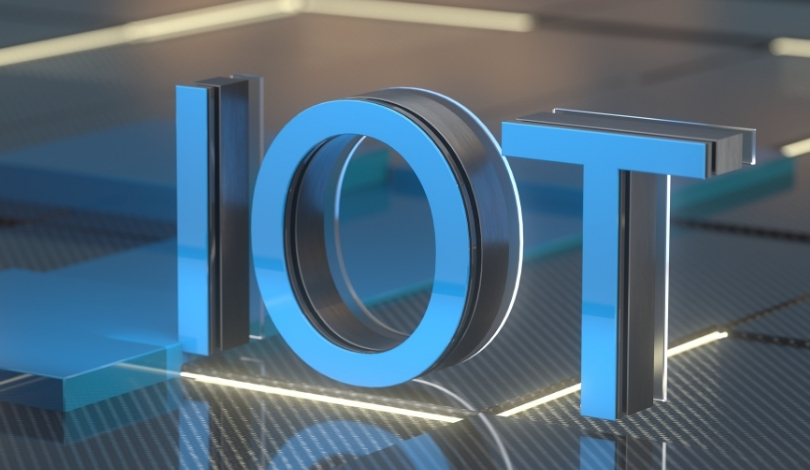As the European Union tightens its cybersecurity regulations, GlobalPlatform has introduced its SESIP methodology to help IoT manufacturers comply with the new standards. This initiative arrives at a crucial time when ensuring the security of connected devices is paramount. By providing a structured framework, SESIP aims to simplify the compliance process for businesses operating within the EU market.
Previous reports highlighted the complexity manufacturers face in adhering to diverse cybersecurity requirements across different regions. Compared to earlier efforts, SESIP offers a unified approach that aligns with multiple international standards, enhancing its global applicability. This development marks a significant step towards harmonizing IoT security measures worldwide.
What is the Role of SESIP in the EU Cyber Resilience Act?
SESIP serves as a standardized methodology for evaluating the security of IoT platforms, ensuring they meet the stringent requirements set by the EU’s Cyber Resilience Act. By following SESIP, manufacturers can systematically assess and enhance the security features of their products throughout their lifecycle.
How Does SESIP Align with Other Global Standards?
The SESIP methodology is compatible with various international standards, including ETSI, ISO/IEC, RED, UNECE WP.29, and NIST guidelines. This alignment allows manufacturers to leverage their existing compliance efforts and apply them to SESIP, facilitating broader adherence to global cybersecurity norms.
What Support is Available for Adopting SESIP?
GlobalPlatform has established a growing ecosystem of security providers, certification bodies, and laboratories to support SESIP adoption. Recent accreditation of SGS Brightsight as a SESIP certification body underscores the expanding support network, providing manufacturers with the necessary resources to achieve compliance efficiently.
Conclusion
The introduction of SESIP by GlobalPlatform offers a practical solution for IoT manufacturers navigating the complexities of the EU Cyber Resilience Act. By standardizing security evaluation processes, SESIP not only aids in compliance but also enhances overall product security. Manufacturers can benefit from reduced costs and streamlined operations, while consumers gain assurance of robust security in their connected devices.










